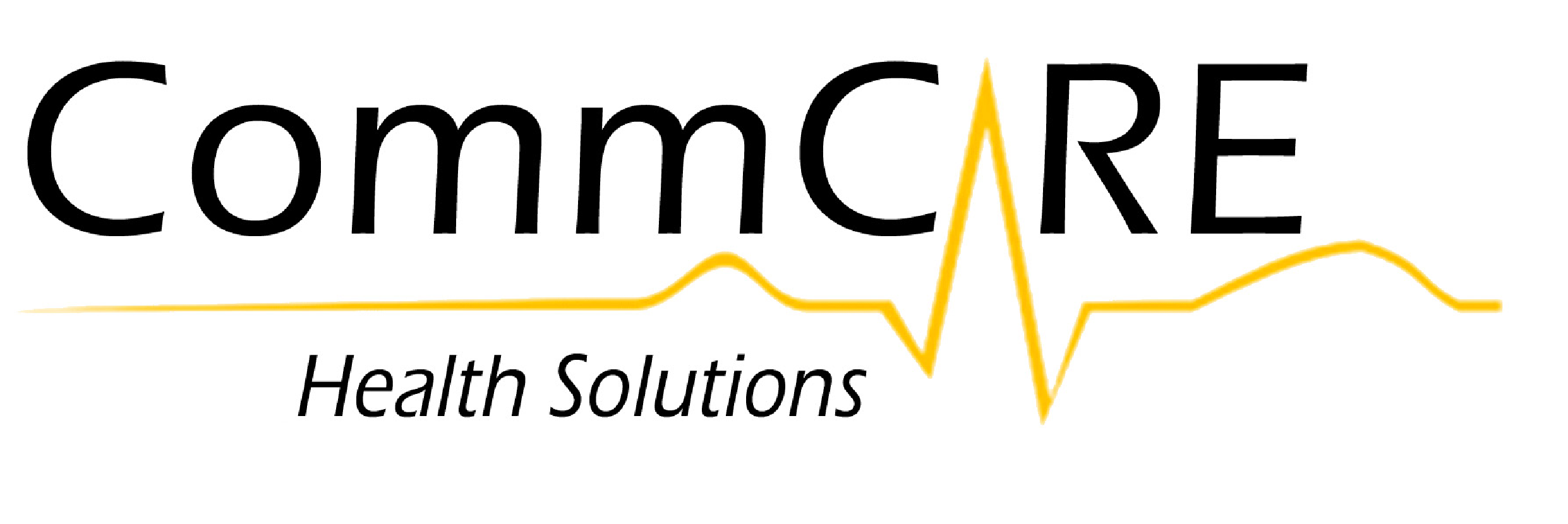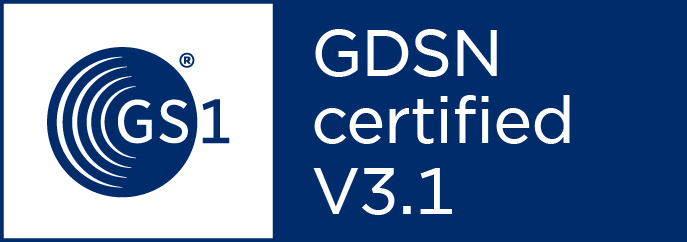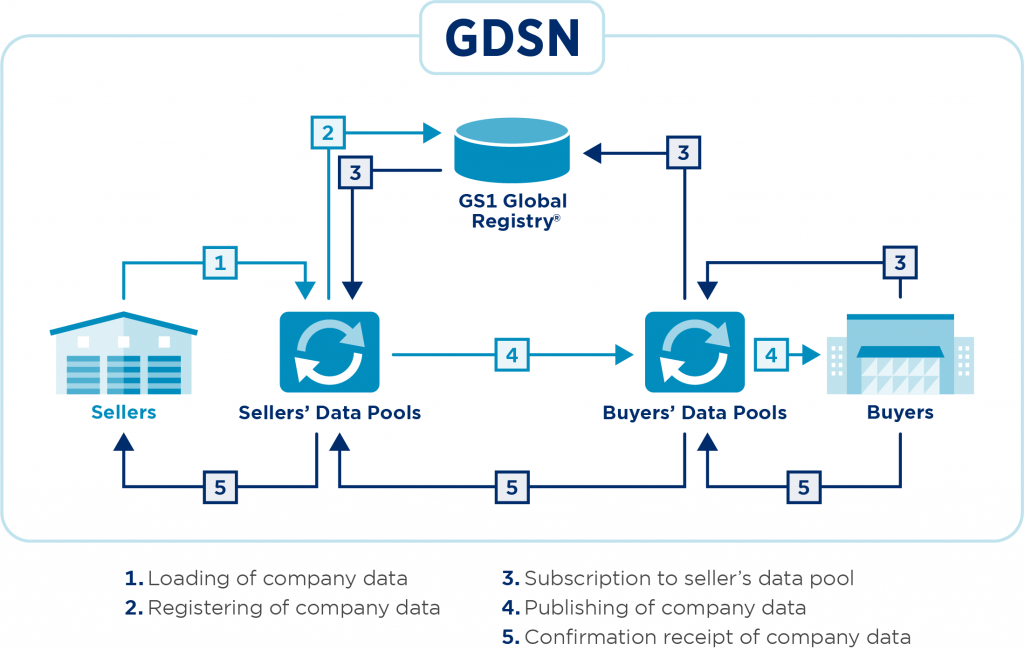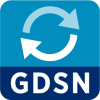GDSN for healthcare is a standardized network facilitating the exchange of accurate product information among stakeholders in the healthcare supply chain. It enhances efficiency and transparency by ensuring consistent data sharing for procurement, inventory management, and regulatory compliance.

GDSN (Global Data Synchronization Network) is a global system that facilitates accurate and consistent electronic exchange of product information.

The Global Data Synchronization Network (GDSN) in healthcare is a standardized system designed to ensure accurate and timely exchange of product information among trading partners in the healthcare supply chain. It provides a common language and framework for sharing data such as product descriptions, attributes, and classifications, helping to streamline processes like procurement, inventory management, and regulatory compliance. GDSN facilitates interoperability between different stakeholders, including manufacturers, distributors, healthcare providers, and regulatory authorities, ultimately improving efficiency, transparency, and patient safety throughout the healthcare ecosystem.
Just some of the many benefits of implementing GDSN within the Healthcare Industry
Utilizing GDSN standards for point-of-care scanning aids in reducing medical errors, thereby enhancing patient safety.
Efficient supply chain and inventory management based on GS1 standards creates visibility, ensures the required inventory levels, and can reduce waste.
Leveraging GDSN standards to identify products by batch or serial numbers streamlines recalls, making them more efficient, precise, and targeted.
GDSN standards enhance traceability and visibility, thereby mitigating the risk of counterfeit and low-quality medicines reaching patients.
Precise product information exchanged through GS1 standards enhances patient care and streamlines procurement, warehousing, and payment processes for increased efficiency.
Employing GDSN barcodes for data recording within clinical systems enhances the speed and accuracy of data capture, facilitates clinical decision support, and strengthens the traceability and recall of medical products.

A count of active GLNs (Global Location Number) in the GS1 network by business line. GLNS are a part of the GS1 systems of standards. It is a simple tool used to identify a location and can identify locations uniquely where required.

A count of active GTINs (Global Trade Item Number) in the GS1 network by business line. The Global Trade Item Number is an identifier for trade items, developed by the international organization GS1. Such identifiers are used to look up product information in a database which may belong to a retailer, manufacturer, collector, researcher, or other entity.
Commport offers a number of Product Syndication solutions to help you increase your business efficiencies

Harness the Power of CPS, the Ultimate Data Synchronization Solution Uniting PIM and GDSN. Experience Seamless Data Harmonization, Streamlined Collaboration, and Unparalleled Efficiency in Managing and Distributing Product Information. Elevate Your Business to New Heights with CPS Commport: The Future of Data Synchronization!

Embrace Global Data Synchronization (GDSN) and Ignite Seamless Collaboration Across the Supply Chain. Explore the Key Elements, Integration Opportunities, and Data Standardization Techniques to Optimize Product Data Exchange. Unleash the Potential of GDSN and Unify Your Data Ecosystem for Enhanced Efficiency and Accuracy in the Digital Era!

Unlock the Power of Product Information Management (PIM) and Propel Your Business to New Heights using highly enriched product data. Discover the Benefits, Strategies, and Best Practices to Streamline Product Data, Enhance Customer Experiences, and Drive Sales. Dive into the World of PIM and Revolutionize Your Product Management!
Empower your business with global data synchronization; download our GDSN Buyer's Guide today and take the first step towards streamlined, accurate, and compliant product data management.
Get informed with a series of GDSN whitepapers, published by GS1. Read real case studies from GS1 members discussing the benefits of GDSN standards in healthcare!
Discover the transformative impact of our EDI, CPS, and VAN solutions through the powerful testimonials of satisfied clients who have experienced remarkable results with Commport products and services.





The Global Data Synchronization Network (GDSN) is a standards-based, interoperable network built around the GS1 Global Registry®, GDSN-certified data pools, the GS1 Data Quality Framework, and GS1 Global Product Classification. This system provides a powerful global environment for secure and continuous synchronization of accurate product and location data. By leveraging this framework trading partners are able to share and use the same, accurate information in their supply chain-related functions and systems.
A GDSN-certified data pool is a service provider that provides customers with data synchronization services and act as a gateway to the GDSN. Data pools are certified acts to demonstrate their compliance with the GS1 System Standards for data synchronization. Through your data pool, your product data is sent to trading partners you authorize to receive your data, such as Walmart. The GDSN-certified data pools around the world have the ability to exchange data with each other (inter-operate) and ensure that your data is totally secure within the GDSN.
With GDSN, trading partners always have the latest information in their systems, and any changes made to one company’s data are automatically and immediately provided to all of the other companies who do business with them. This is the case not only Walmart but data updates are also sent to any other retail customers who are using the GDSN. When a supplier and a customer know they are using the same accurate and up-to-date data, it is smoother, quicker and less expensive for them to do business together. The GDSN provides a single point of truth for product information. Because of the standardized and automated architecture of the network trading partners may belong to any GDSN-certified data pool in order to do data synchronization. This means that you are not forced to use one data pool over another simply because your retail customer has chosen a particular provider. For more information about all of the GDSN-certified data pools click here.
Who Uses GDSN? Major retailers such as Kroger, Walmart, and Amazon – just to name a few. This adoption of GDSN allows companies, consumers, and retailers to benefit from automated content delivery and its rewards.
GDSN provide a standardized language for companies all down the supply chain, its data is synchronized in real time, which makes it possible for suppliers to update details about a product and for their trading partners around the globe to know immediately, helping to mitigate potential hiccups in the shipping process.
Commport Datapool is a GDSN certified data pool provided by Commport Communications that can help you populate your GDSN product data and then, with your authorization, transmit your product data to Walmart or other GDSN retailers around the world. For more information visit here.
Commport Datapool can work with you to quickly provide both data synchronization services as well as all the assistance needed in loading and managing your data content – from one provider. Commport Datapool has built user friendly interfaces that can meet your company’s data and technology capabilities, whether you are a global corporation or a small town supplier.
The product information network provides data sync services for data sources, data recipients and regulatory agencies. Commport Datapool is the one of the largest GDSN Certified Data Pool in the World. Global Product Classification (GS1) is the global leader for organized product information standards.
With GDSN, your product data is uploaded, maintained and shared automatically, ensuring trading partners have immediate access to the most current and complete information needed to exchange products on both local and global markets.
Product Syndication is beneficial for businesses of all sizes. It provides a level playing field in the digital realm, allowing even small businesses to showcase their products across diverse channels, expanding their reach and competing effectively in the online marketplace.